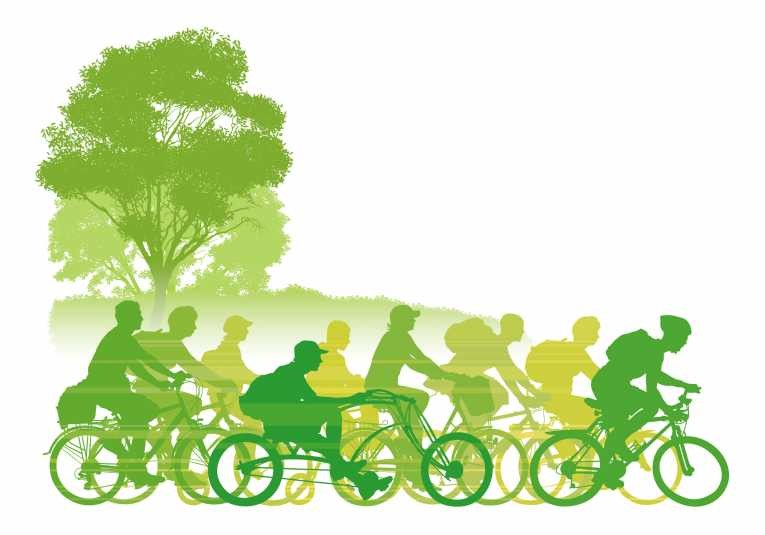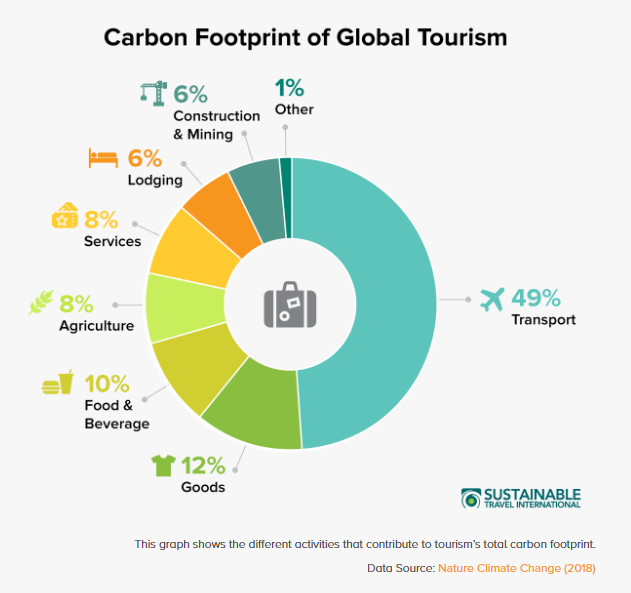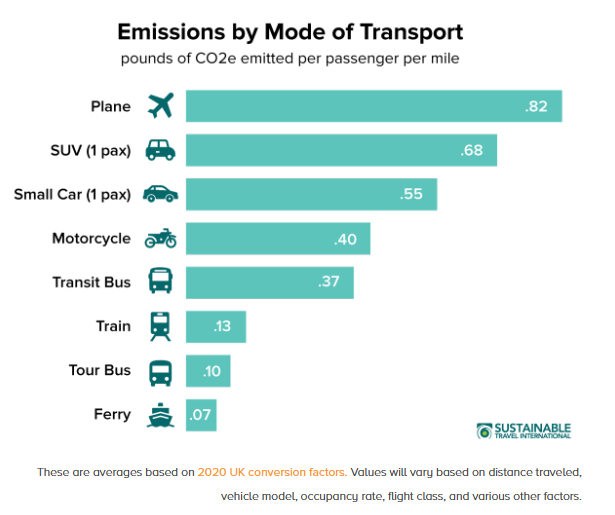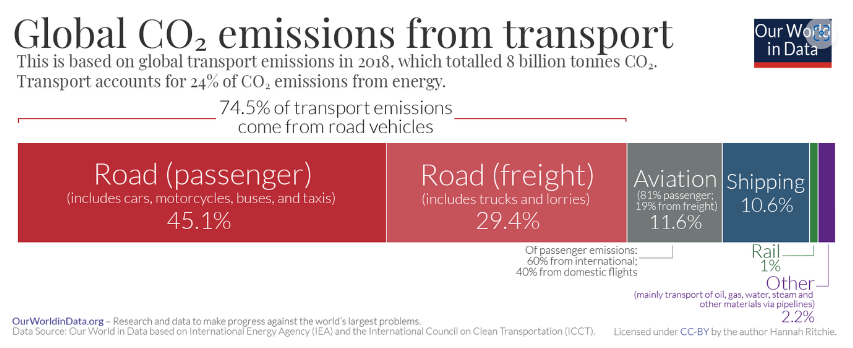
Certification of accommodations in light of climate change
Despite the fact that tourism contributes to global warming, numerous strategies exist to reduce this impact. The tourism industry can play a crucial role in mitigating climate change by paying attention to all facets of tourism. Sustainability certifications focus primarily on accommodations. However, a focus on accommodations alone is not enough. Supporting low-emission transportation strategies is essential to becoming a net zero CO2 emitting industry.
The two-way complex relationship between climate change and tourism
Tourism accounts for nearly 8% of global carbon emissions, with various activities such as transportation, accommodation, food consumption and even souvenir production contributing to the carbon footprint. On the other hand, climate change has a significant impact on the tourism industry. However, the impact of global warming on tourism is not as positive as some might think. Recent research by the European Commission’s Joint Research Center suggests that climate change could boost European tourism. However, this perspective is too simplistic and ignores broader trends and implications.
Issues such as various tipping points, climate migration, resource scarcity and the ethical considerations of promoting tourism growth in the face of climate change must also be considered. (see also blog)
Different parts of the travel industry have different impacts as clarified below. We zoom in on some of those components.

Transport
Transportation is the most basic component of tourism and is also the main source of greenhouse gas emissions in the sector. Tourist transportation accounts for nearly half of all global tourism emissions. Planes and cars on average emit the most CO2 per passenger kilometer, tour buses, ferries and trains on the other hand emit more least of all.

Globally, transportation emits about 24% of all greenhouse gases. One-fifth of this can be attributed to tourism activities.
Between 2005 and 2016, emissions from transportation-related tourism activities increased by more than 60% !
The breakdown shown below covers all types of transportation. It would be interesting to know the specific distribution in the travel industry.

Lodging
Certifying accommodations for sustainability is important. Indeed, the hotel industry accounts for about 1% of global emissions. This includes not only lodging but also other services such as restaurant, wellness, etc. Lodges themselves account for less than 0.5% of global emissions.
The impact of transportation on global warming is thus considerably greater, though.
Food
Food consumption during vacations also contributes to global warming. Several studies have shown that animal foods produce about twice as many emissions as plant foods. But tourists take their meals anyway, even if they would have stayed at home. It would therefore be interesting to understand whether travelers consume differently and have a different environmental impact when they are at home or traveling.
Souvenirs
The production of souvenirs also contributes to global warming. The average product produces carbon emissions of 6.3 times its own weight.
Forecast impact of tourism in 2030 and 2050
According to forecasts, CO2 emissions from tourism will increase 25% by 2030 compared to 2016. By 2050, an estimated 11% of global greenhouse gas emissions will be due to tourism, possibly doubling the current amount. So that creates huge challenges for the whole industry
Conclusion
It should be clear from the foregoing: certification for accommodations such as from Green-key, EU-Ecolabel or almost any organization is therefore not sufficient in itself. Compare it to the most ecological, sustainable house built on the flat land but where transportation is done by a CO2 and particulate matter spewing car. A less ecological house in the city center, where residents use bicycle or public transportation will then be much more sustainable.
So lodging can also play a broader role in that story. By promoting nearby vacations, slow travel and sustainable transportation modes, they can also do their part in terms of transportation. If you have specific strategies to achieve that, let us know !
We will continue to explore various aspects of sustainability in the tourism industry in a series of articles. Follow us here 😉
References
- https://unfccc.int/news/un-works-with-global-hotel-industry-to-reduce-emissions
- https://sustainabletravel.org/issues/carbon-footprint-tourism/
- https://ourworldindata.org/co2-emissions-from-transport
- https://www.unwto.org/sustainable-development/climate-action
- https://www.trukky.com/blog/6-ways-reduce-pollution-green-transportation/
